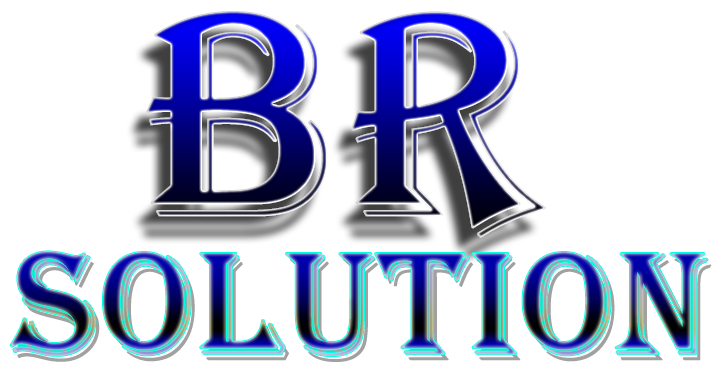Join our community of SUBSCRIBERS and be part of the conversation.
To subscribe, simply enter your email address on our website or click the subscribe button below. Don't worry, we respect your privacy and won't spam your inbox. Your information is safe with us.
Join us today!
Get access to exclusive content
Are you ready to take your experience to the next level? Unlock a world of exclusive benefits by joining our premium content community. As a member, you'll gain access to a wealth of valuable resources, tailored specifically for you.
